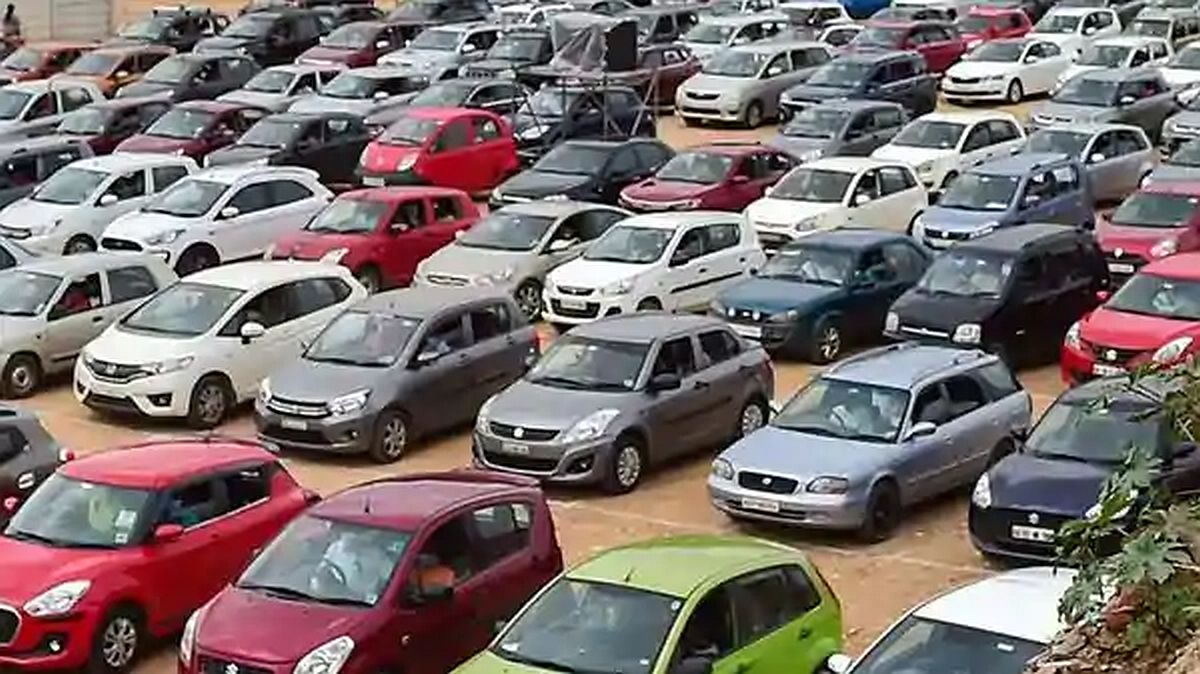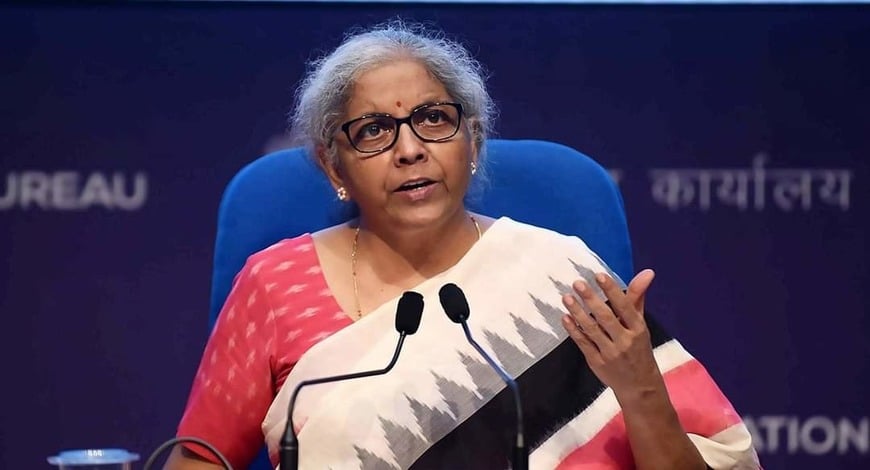Many believe payroll is simply the total amount of money that a company pays to its employees at the end of a month or after a set time. In some cases, this could be true, but more often than not, payroll management is a complex process that accounts for a number of things.
Classifying employees (based on salaried and waged rates), tracking hours of work, tax withholdings, and other factors need to be considered before anyone receives a check.
Payroll management can be arduous, especially if the payment that leaves your business each time isn’t a fixed amount, and processing can be a nightmare, resulting in enterprises losing precious money and time if it isn’t done properly.
Considering how delicate a task payroll is, could there be ways businesses can make calculating payments easier? This is where this article comes in.
Here, we’ll take you through some of the tried and trusted ways that many successful businesses have used to improve the accuracy of their payrolls and ensure checks are sent out on time.
Challenges Businesses Face with Payrolls.
Tracking Time and Attendance
The main goal of payroll is to pay employees for their work time– no more, no less. The best way to do that is to get the precise amount of hours each staff spends during the payment period, but many businesses struggle to keep track of their employee’s work hours.
This may be because employees forget to check in and check out, or the automated system that records this information is faulty. The payroll process must also consider vacation times, sick leave, military leave, and other paid time off, among other special cases, before accounting payments.
Integrating Payroll with Other Systems
The accounting, payroll, and human resources structures of businesses are separate systems that must be correlated. If information is inconsistent or the payroll integration is not done properly across these systems, then it’s likely that there will be errors in the data collected.
Keeping Data Secure
Data security is something many businesses (small and medium scale in particular) struggle with. Payrolls contain employee-sensitive information such as bank account numbers, home addresses, pay rates, social security numbers, and more. This data can fall into the wrong hands in the event of a hack or data breach.
Calculating Withholdings and Deductions
The amount of money that can be deducted or withheld from earnings varies for employees. Some may put more income aside for taxes, while others withhold some of their salaries for benefits or retirement plans.
Properly calculating and accounting for these errors can prove to be a problem for companies with a large workforce and can lead to potential penalties and insurance violations due to errors.
How To Simplify Payroll Processing
Automate Payroll Processing
As much as possible, automation should be used in payroll management as it can streamline many processes, reduce errors, and improve efficiency.
Automating removes the need for physical storage of payroll information, which can be tampered with or lost by keeping digital secure copies online. Tasks like setting reminders for filing, digitized time-tracking, and online approval of records by supervisors can make life simpler for the team handling the payroll.
Think of a slot machine that pays out automatically – this is how business payroll systems should operate to minimize disruption. You can try Ganesha Fortune slot for real prizes and to see for yourself how automated payouts work.
Properly Classify Employees
Under the law, misclassifying employees counts as a serious offence. The payroll team needs to assign individuals a class depending on the type of services they offer to avoid legal issues, errors, and dissatisfaction amongst staff.
For instance, exempt staff are to be paid a salary but do not get overtime pay. On the other hand, non-exempt employees earn based on hourly rates and qualify to get overtime.
There are also independent contractors like freelancers that a business often hires to provide certain services, and the payment for this type of work must be filed under specific terms on a payroll.
Set a Payroll Schedule
When payment dates are inconsistent, it can reduce trust and dampen morale among workers. Having a set payroll date improves financial stability and builds trust with employees. It can also help a business to comply with the labor laws within the region and avoid legal issues and penalties.
For a company to decide which pay schedule to use, it needs to consider several factors, like the payment methods of employees, the business’s receivables cash flow, the predictability of work shifts, supplier payment schedules, headcount, and even payroll laws.
Taking these into consideration, a payroll team can easily determine dates that suit a business and its employees’ demands. After creating the schedule, it can be shared with the workers so they can get familiar with the routine and even make suggestions on how to improve it.
Audit Payroll Procedures
The business landscape is dynamic; as companies succeed, their workforce needs to grow. This growth over time can make payroll processes redundant and inefficient as they might not have been designed to handle complex situations like remote work, advanced technology, newer reporting requirements, and so on.
To make sure payrolls don’t lag behind a company’s advancement, payroll teams need to regularly audit their payroll process. This can involve assessing employee classifications, analyzing possible payroll software to integrate, reviewing employee payment options, and considering upgrading the manual filing of records to a digital database.
Create a Payroll FAQ
Employees often have questions like how their tax deductions may work or whether their sick leave is being added to their previous or present payroll. Answering these questions physically in a work environment can take up precious time for a payroll department.
By creating a payroll FAQ online (or as a document), a payroll team can streamline the payroll process, and staff can get answers to simple payroll questions they might have.
Payroll Processing Made Easier
Simplifying payroll processing isn’t just about saving time, it’s about improving accuracy, ensuring compliance, and enhancing employee satisfaction. By implementing the best practices outlined in this article, companies can reduce payroll-related stress, minimize errors, and focus more time on other aspects of business.


 Opinion3 years ago
Opinion3 years ago
 Entertainment8 years ago
Entertainment8 years ago
 Entertainment8 years ago
Entertainment8 years ago
 Fashion8 years ago
Fashion8 years ago
 Opinion3 years ago
Opinion3 years ago
 Politics8 years ago
Politics8 years ago
 Entertainment8 years ago
Entertainment8 years ago
 Entertainment8 years ago
Entertainment8 years ago









